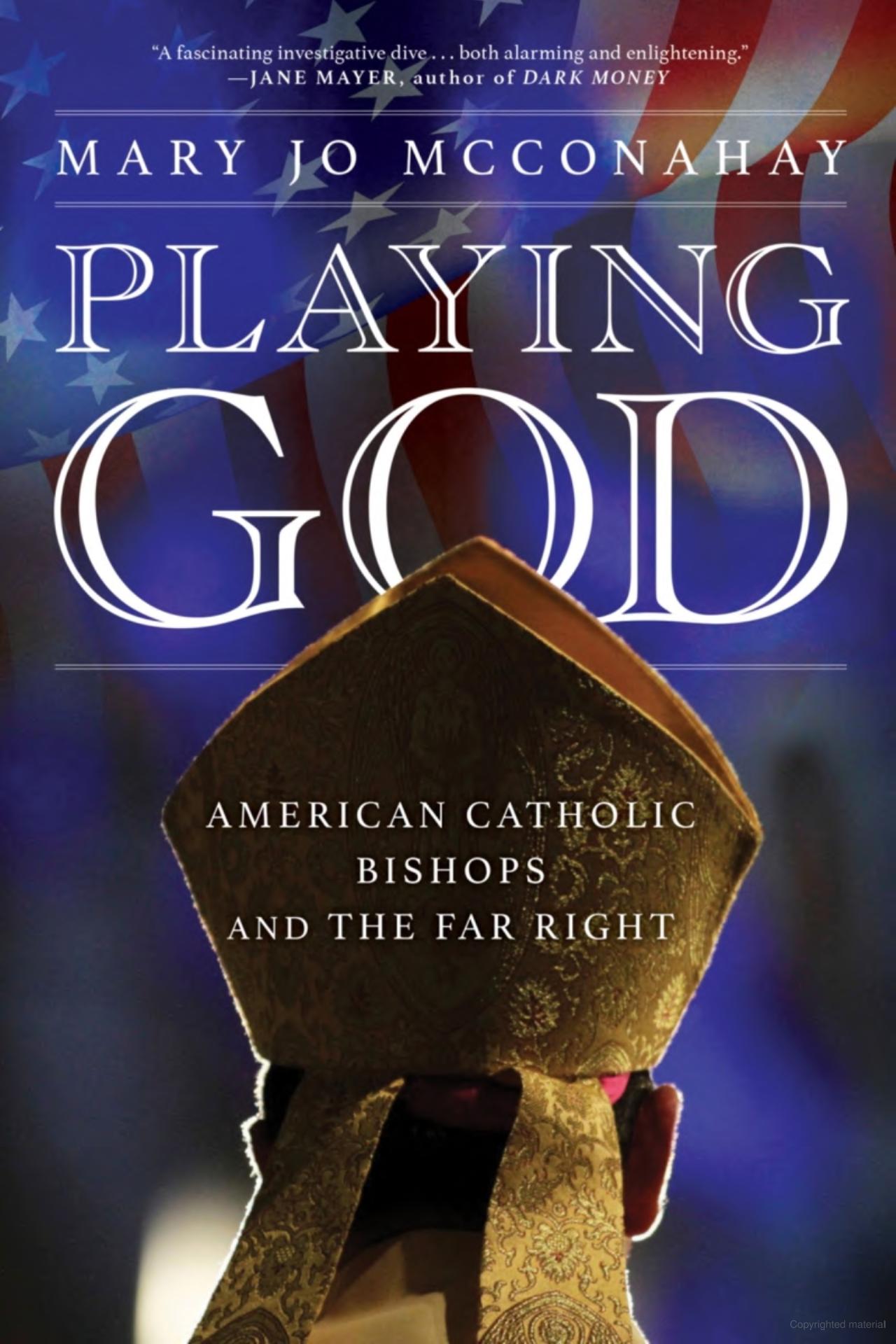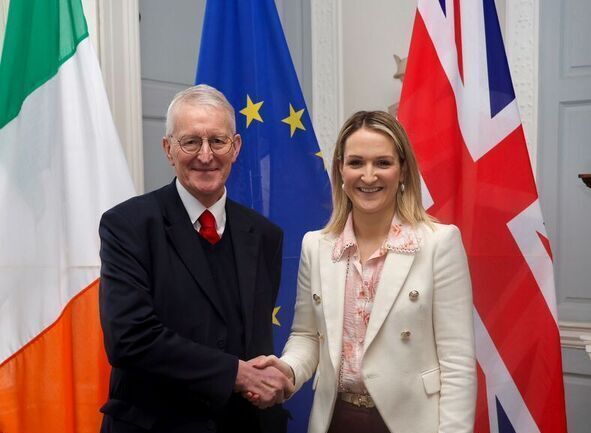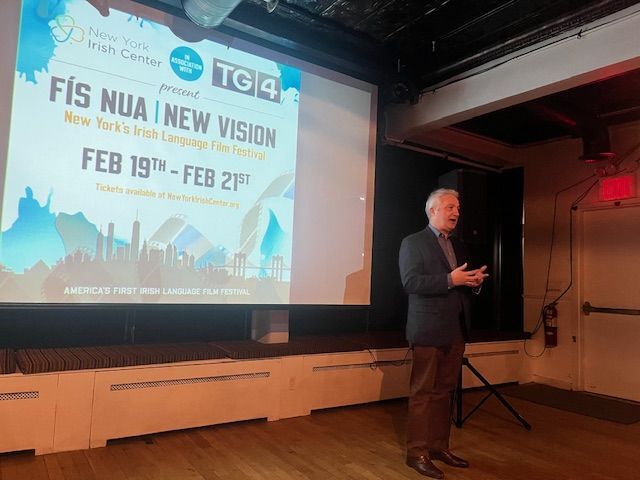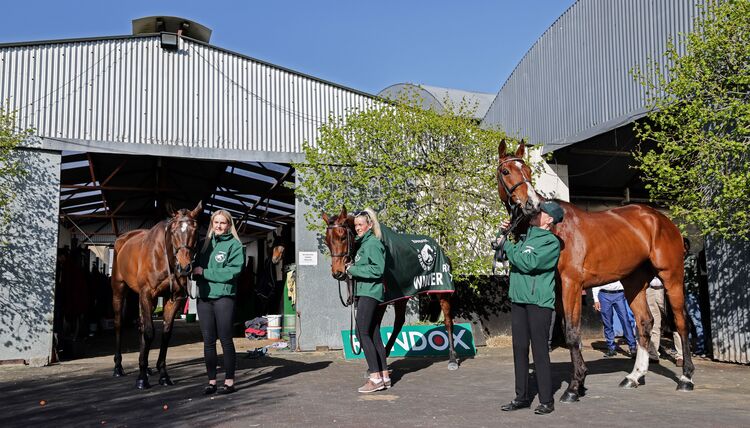In her recent erudite book, "Playing God: American Catholic Bishops and the Far Right," Mary Jo McConahay describes in detail how the American Catholic Church has veered away from acclaiming social justice policies designed to help poor and struggling families while at the same time being sucked into hot-button cultural issues.
She refers to the influential Rerum Novarum (1891) of Pope Leo X111, an encyclical that strongly endorsed worker rights including the need for strong trade unions at a time when the powers-that-be condemned worker organizations as socialist-driven or anarchic.
In 1931, Pius X1 in Quadragesimo Anno affirmed and highlighted the central importance of his predecessor Leo’s pro-worker teaching.
Consider the following statement from that official letter: “The right ordering of economic life cannot be left to free competition. From this source, as from a poisoned spring, have originated and spread all the errors of individualistic economic teaching.”
John XX111, in his masterly encyclical Mater et Magistra moved the social justice needle to a new level by asserting the rights of employees to profit sharing and co-ownership of the enterprises where they work.
McConahay bemoans the fact that the church leadership in the United States rarely addresses the core moral issues of our time, poverty and wealth distribution, and the disgraceful treatment of refugees.
Calls for a “preferential option for the poor” are heard regularly from prelates in Central and South America, but such sermons rarely find a voice in St. Patrick’s Cathedral.
Neoliberalism, which dominates right-wing economic thinking in America, professes that low-tax policies which help the rich get richer somehow enable the poor to do better also.
Pope Francis has decried this doctrine of trickle-down economics, correctly mocking it as a rich man’s fable. Yet most of the U.S. bishops seem to go along with this damaging economic philosophy. They are comfortable with the denizens of the far-right who court their approval and come with bulging check books.
There are about 73 million Catholics in the United States, approximately, 20% of the population. Typically, over 70% vote in presidential elections and, according to polling day statistics accumulated since 1952, whichever candidate gets a majority of the Catholic vote nearly always wins the White House.
Two Catholics have been elected to the presidency, both Democrats. John Kennedy won in 1960 with the support of a big majority of his co-religionists. However, the current leader in Washington, Joe Biden, a committed churchgoer, narrowly lost the white Catholic vote in November 2020.
McConahay claims that the U.S. bishops do not reflect the global Catholic Church. She calls them “a particularly American species, hierarchical to a fault and so traditionalist and politically right wing” that they are out of step with positive ecclesiastical developments elsewhere and with their leader in Rome.
Top members of the United States conference of Bishops (USCCB) proposed to refuse communion to political leaders who supported a woman’s right to choose in the area of abortion. This would mean excluding President Biden and many other prominent elected Catholic leaders from the altar rails.
Pope Francis vehemently disagrees with this approach, pointing out that sinners need the eucharist more than those who think of themselves as operating at a higher ethical level, and stressing that he would never refuse communion to anyone.
Francis urged the bishops to emphasize all pro-life issues. In his estimation, it conveys the wrong moral message to fight for life in the womb while showing indifference to badly needed improvements in anti-poverty programs.
In the recent showdown in Washington about deficit reduction, the main focus of Republicans was to support increases in the defense budget and to rule out tax increases on the affluent while cutting the meagre food stamp allowance and other important family-friendly programs. The silence of the Catholic prelates conveyed that these political shenanigans, contrary to every Christian instinct, did not merit their attention.
In the summer of 2018, Archbishop Vigano called for Francis’ resignation after he was earlier fired by the pope for incompetence and poor judgement. His main issue seemed to revolve around Francis’ efforts to reach out to the homosexual community. In his magnanimous response to a question on this topic the pope refused to condemn the gay lifestyle. Instead, he wondered aloud, “Who am I to judge?”
This reply set off a firestorm among American bishops who claim that the Vatican’s job is to always condemn the immorality of same sex intimate relationships. Vigano, who has spoken positively about QAnon rantings, has the support of a significant coterie of narrow-minded prelates.
The COVID-19 pandemic provided a platform for some of the most unhinged members of the hierarchy to expatiate on their religious opinions. San Francisco Archbishop Salvadore Cordileone condemned the government’s mandate to close churches temporarily as an act of “willful discrimination” against Catholics. With no medical background he declared that vaccines “don’t give any immunity.”
Cordileone had plenty mitered company. Bishop Jerome Listecki of Milwaulkee announced that, despite the deadly pandemic, ”fear of getting sick does not excuse anyone” from fulfilling his Sunday obligation to attend Mass.
Likewise, Bishop Thomas Paprocki from Springfield Illinois, although vaccinated himself, advised his members to show up on Sunday because “eternal life is the most important consideration.”
Cardinal Raymond Burke, who leads every charge against Francis and any version of ecclesial modernity strongly opposed mandatory vaccinations and refused it for himself, but when he got infected, he headed for a ventilator in the Mayo Clinic.
The Eternal Word Television Network (EWTN) was started in Alabama by a Poor Clare nun, Sr. Angelica, in the 1980s. Today it claims to have 240 million viewers in 140 countries. It attracted the attention of wealthy conservative American Catholics who looked askance at the progressive pronouncements from the bishops in those days who were greatly influenced by the thinking of the Second Vatican Council, especially the focus on the preferential option for the poor.
It covers the Vatican with a staff of over thirty, and their commentators would be at home on the Fox network. Indeed, the host of EWTN’s flagship program, Raymond Arroyo, sometimes fills in for Laura Ingraham. It provides a regular platform for critics of the pope, both in its star performer, Arroyo, and among some bishops who appear as guests.
They attack Francis’ cautiously progressive leadership in a manner that seriously annoys the pontiff who complained recently that “I deserve attacks and insults because I am a sinner, but the Church does not deserve this treatment. They are the work of the devil.”
Francis’ signature contribution to ecclesiology is unquestionably seen in his commitment to synodality where he aspires to a listening church guided by the Spirit. This commendable movement for a synodal institution respects and honors all its members while in the poet’s words “hearing oftentimes the still sad music of humanity.”
It is a disturbing commentary on the priorities of the USCCB that in its June meeting in Orlando synodality wasn’t even on the agenda. No wonder that the relationship between the majority of the American bishops and Pope Francis remains distant and cool.
Gerry O'Shea blogs at wemustbetalking.com









